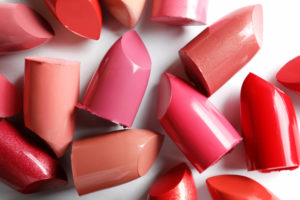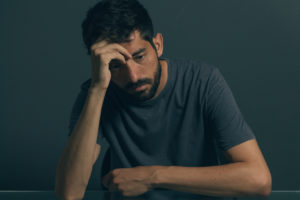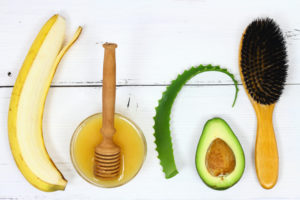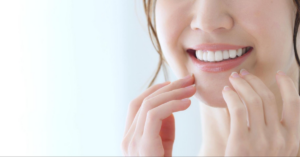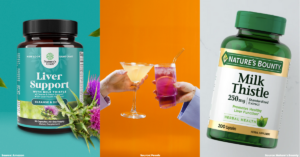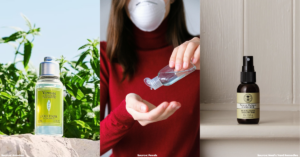Wellness
Covid-19 in Singapore: Everything You Need To Know About This Coronavirus
Since the Covid-19 outbreak, the entire world is in panic. Especially when the World Health Organisation (WHO) has categorised the...
By: / March 16, 2020
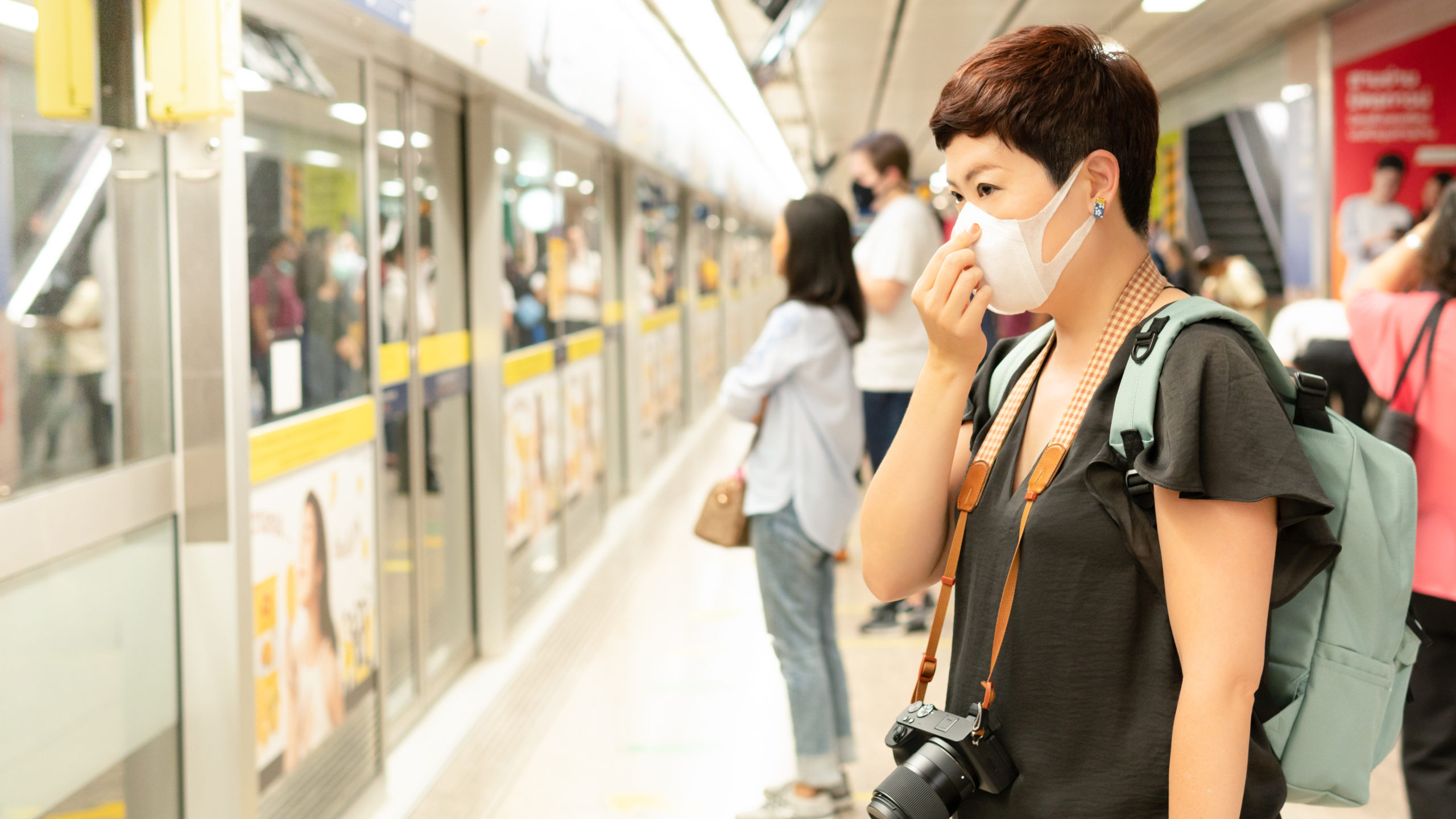
Since the Covid-19 outbreak, the entire world is in panic. Especially when the World Health Organisation (WHO) has categorised the Covid-19 to be pandemic: A disease epidemic that has spread worldwide. Hence, Beauty Insider provides you with all the information you need to know about Covid-19 in Singapore.
Contents
- What is Covid-19?
- What is the cause of Covid-19?
- How is Covid-19 being transmitted among people?
- What are the symptoms of Covid-19?
- What should you do if you have symptoms of Covid-19?
- How do I protect myself from Covid-19?
- What is the situation of Covid-19 in Singapore?
- Have there been coronavirus outbreaks before?
- How is Covid-19 being treated?
- What are the travel restrictions in Singapore?
What is Covid-19?
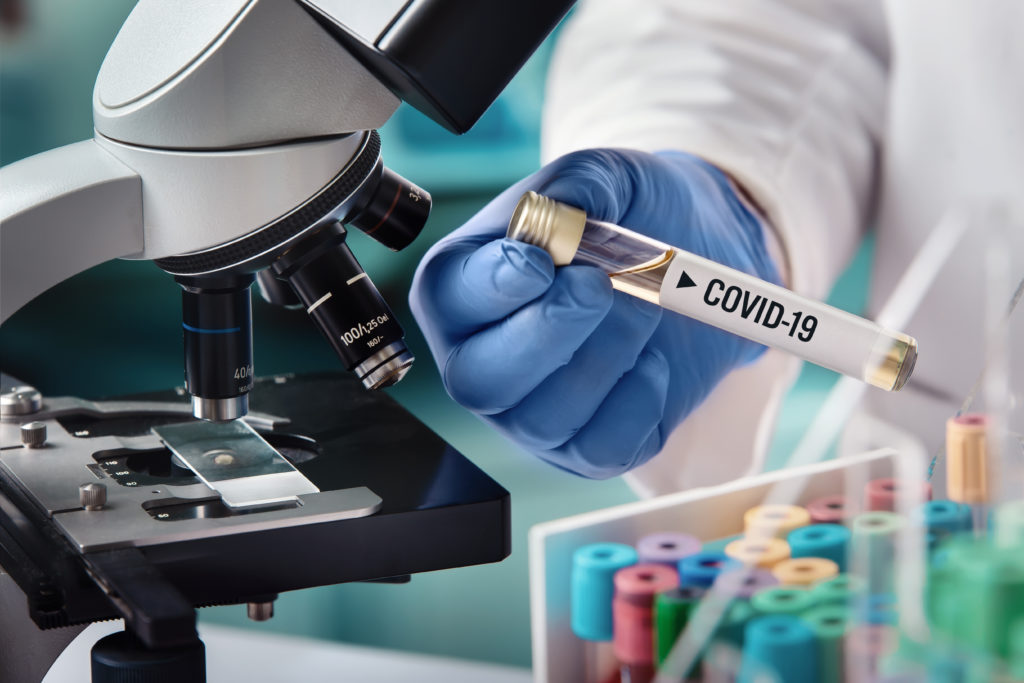
Covid-19 is a coronavirus that was first identified in Wuhan, Hubei Province, China. It started spreading to the people since December 2019. It is also said to be a respiratory illness that spreads from a person to another.
What is the cause of Covid-19?
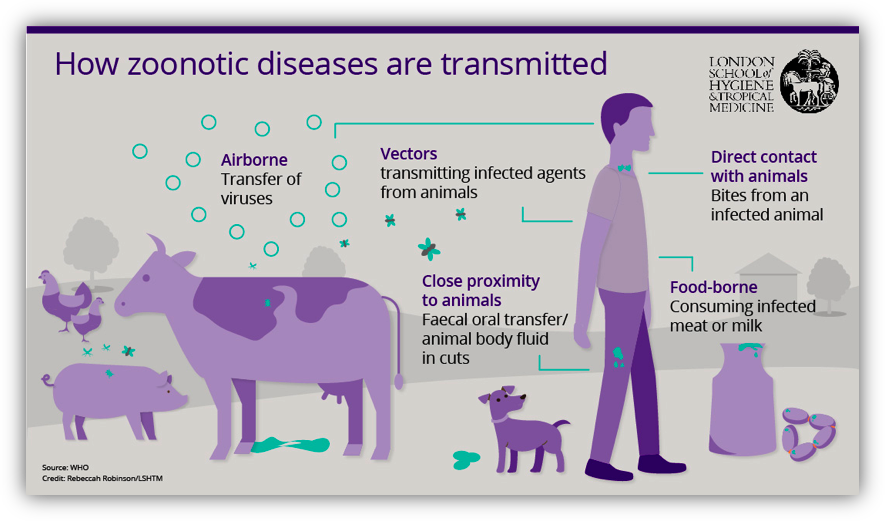
As Covid-19 is a coronavirus, it is zoonotic. That meaning it first develops in animals before developing in humans. For a human to catch the virus, the person has to come into close contact with an animal that carries the infection.
When the coronavirus develops in a person, it then spreads to others through respiratory droplets. Respiratory droplets are the wet stuff that moves through the air when a person sneezes or coughs. When the virus is breathed into the respiratory tract, it then leads to an infection.
The Covid-19 has not specifically been linked to a particular animal, however, researchers believe that the virus may have been passed from bats to other animals, like snakes or pangolins. From those animals, then to humans. Also, Covid-19 has likely been said to have started in an open food market in Wuhan, China.
How is Covid-19 being transmitted among people?
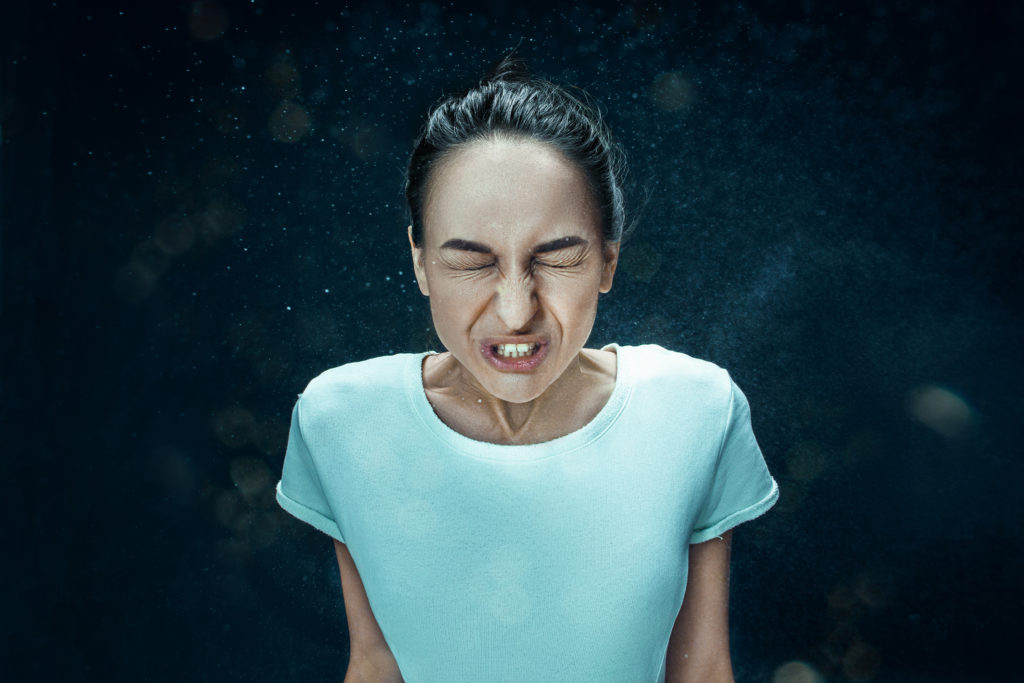
The virus is spread from person-to-person when people are in close contact with each other, approximately in a radius of 6 feet. Another way it can be transmitted is through the respiratory droplets produced when an infected person sneezes or coughs. When the droplets land in the noses and mouths of people, it can easily be inhaled to into the lungs.
What are the symptoms of Covid-19?
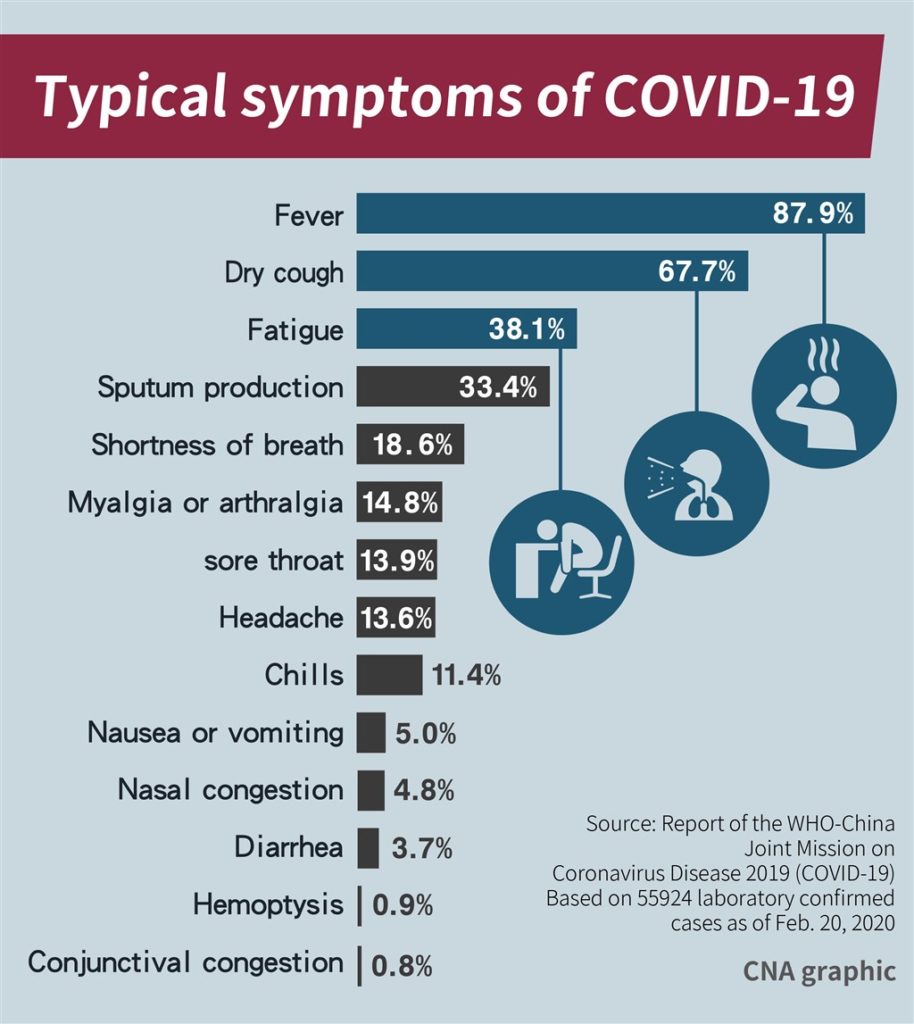
Source: CNA
Above are the symptoms of Covid-19 that have been recorded. The symptoms of this virus may appear as early as 2 days or as long as 14 days after exposure. However, many governments require those who have returned from endemic areas to be in isolation for a period of 14 days.
Also, below is a chart on how to self-monitor yourself based on your symptoms, to see if you may be having an allergy, influenza, a common cold or infection or Covid-19.
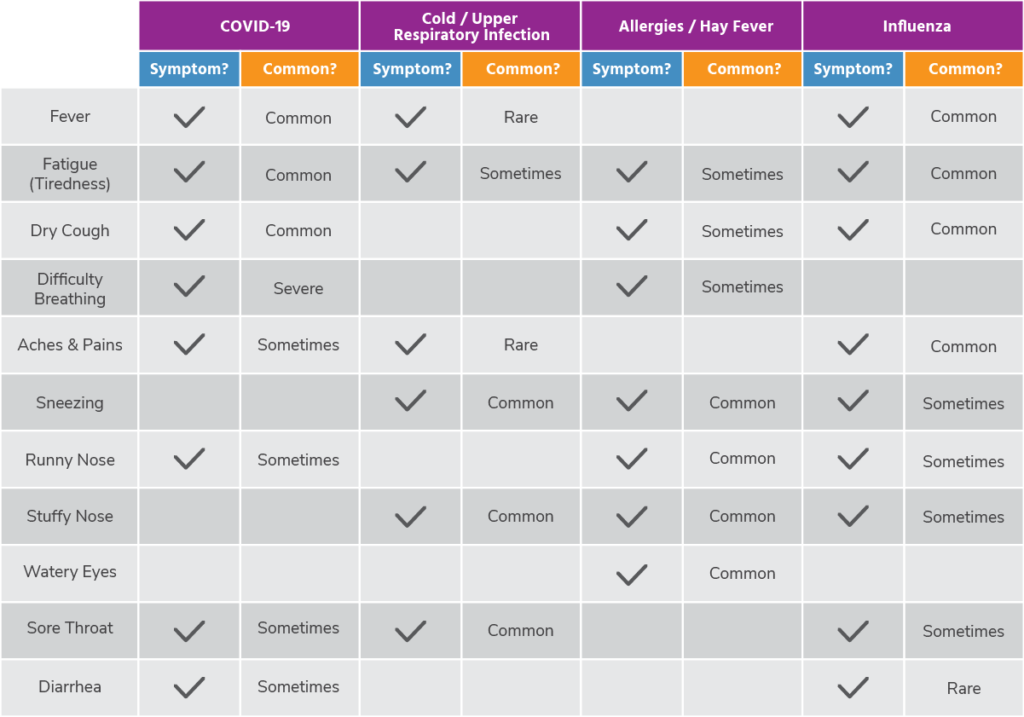
What should you do if you have symptoms of Covid-19?
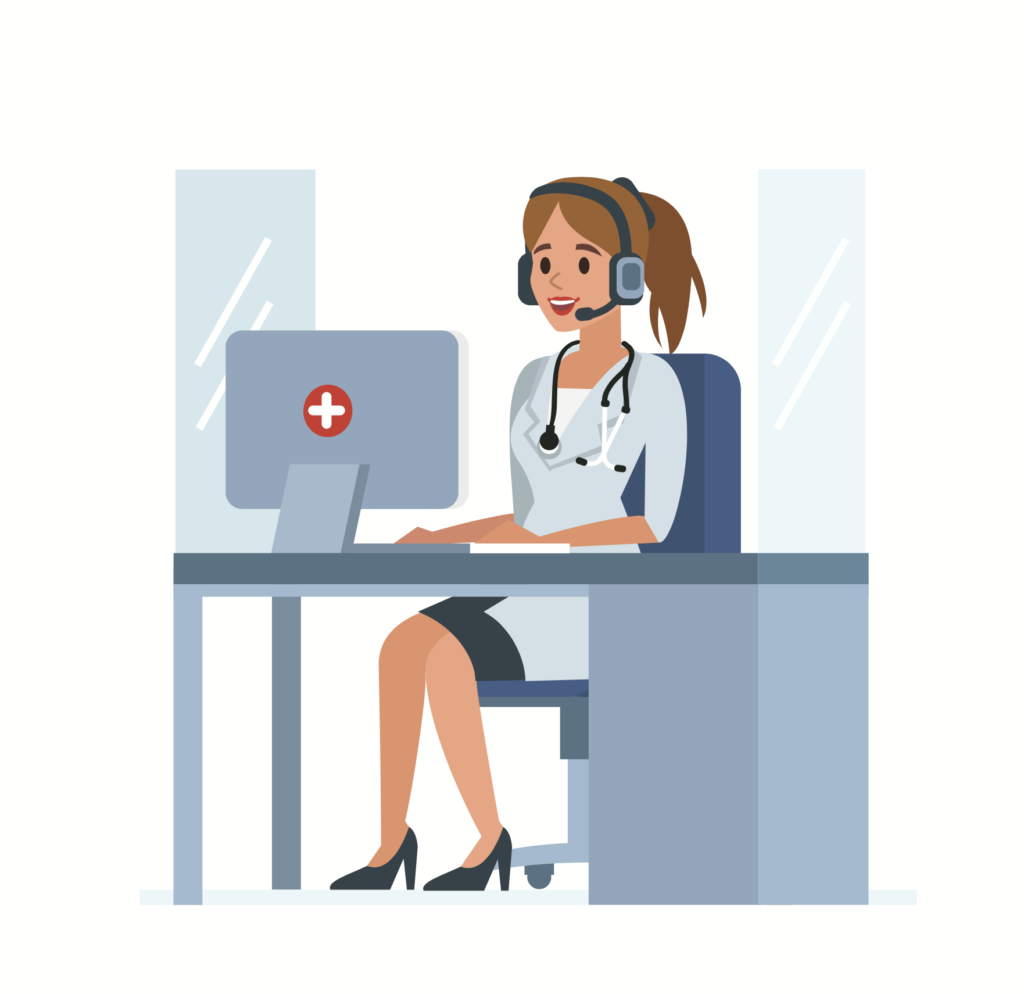
If you suspect that you may have symptoms of Covid-19, the first thing you have to do is refrain from going to work, leaving the house or travelling. Then followed by these steps:
- Evaluate how sick you are. Recall on how likely it is you came into contact with someone who has the virus. Whether or not you live in a region that has had an outbreak or if you have recently travelled to an affected country.
- Call a doctor. If you have mild symptoms or just want to be sure of your symptoms, call your doctor. Instead of going to the clinic, call them. This is to reduce the transmission of the virus. Your doctor will then evaluate your symptoms and work with the local health authorities to determine if you need to be tested.
- Call a hospital if you are having a health emergency in suspect to the virus. Call 995 and inform them of your situation. From there on, they will handle the arrangements. Do take note on not visiting the hospital or clinic without informing them. This is to prevent the risk of further transmission of the virus to the doctors, staffs, nurses and other patients in the hospital. Also, it is so they can take the necessary safety measures to prepare for your arrival at the hospital.
How do I protect myself from Covid-19?
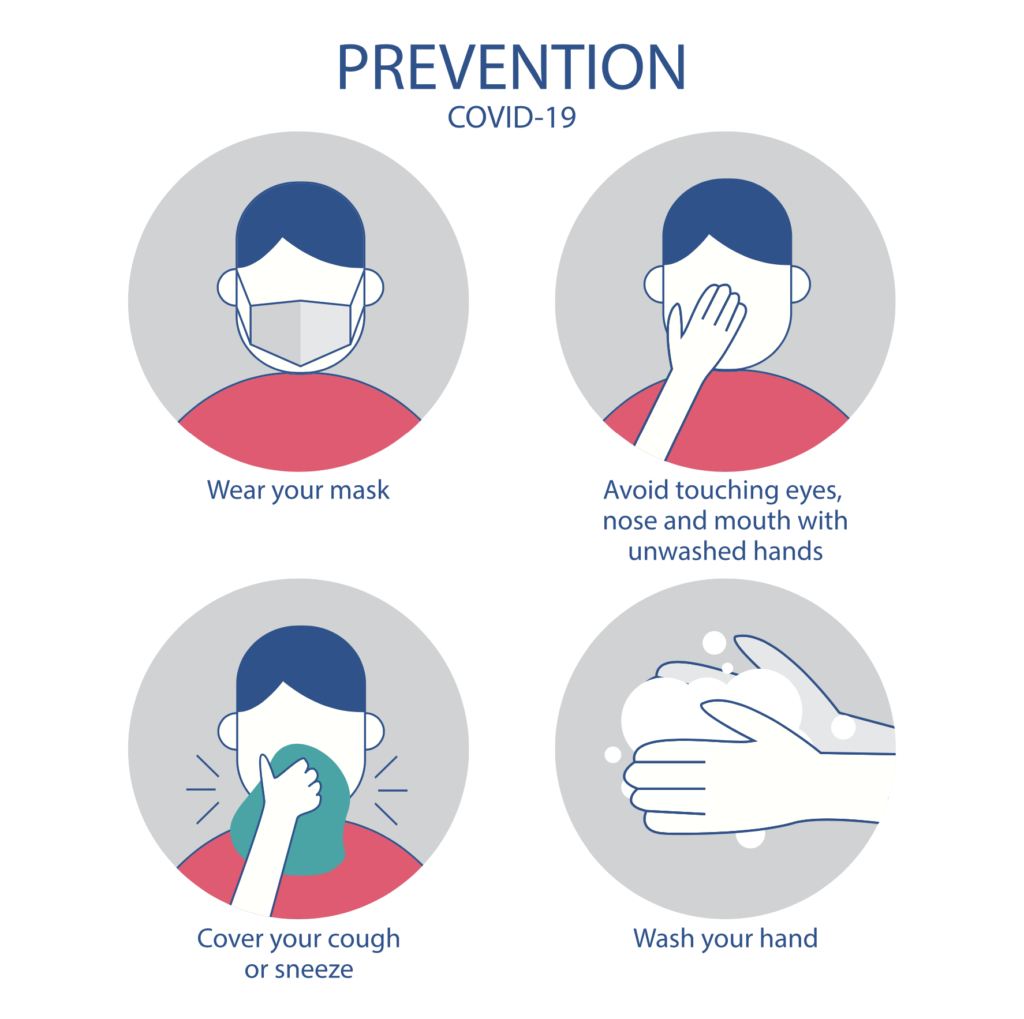
Currently, there is no vaccine to prevent Covid-19 yet. However, there are preventive measures that can be taken to avoid being exposed to the virus. These measures are:
- Avoid touching your eyes, nose and mouth with unwashed hands.
- Avoid close contact with people who are sick.
- Avoid crowded areas as much as possible.
- Stay home if you are unwell.
- Cover your nose and mouth when you sneeze or cough with a tissue. Then, dispose of the tissue in the trash.
- Clean and disinfect frequently touched objects and surfaces using cleaning spray or wipe.
- Use a face mask only if you are sick. If you are not, you do not have to wear one unless you are caring for someone who is sick.
- Wash your hands thoroughly with soap for at least 20 seconds. This should be done especially after visiting the washroom, before and after eating, after coughing or sneezing.
- Use a hand sanitizer with at least 60% alcohol is soap is not available
Here’s a video showing you how to properly wash your hands.
What is the situation of Covid-19 in Singapore?
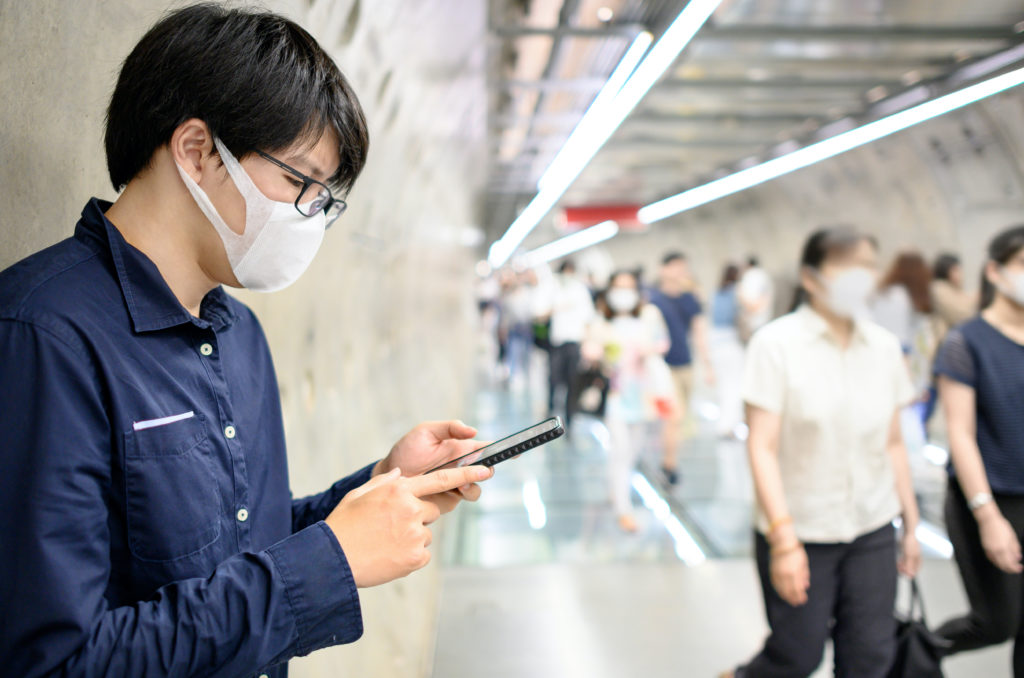
In total, there are over 150,000 cases of Covid-19 and around 5000 deaths around the world. On the other hand, according to the Ministry of Health Singapore, as of the 15th of March 2020, these are the updates on the cases of Covid-19 in Singapore:
- 226 active cases of Covid-19 in Singapore, in which 121 are hospitalised and stable, and 13 are hospitalised and critical
- 105 cases recovered & discharged
- MOH has identified 5472 close contacts who have been quarantined.
- Of the numbers mentioned above, 1817 people are currently quarantined and 3655 have completed their quarantine.
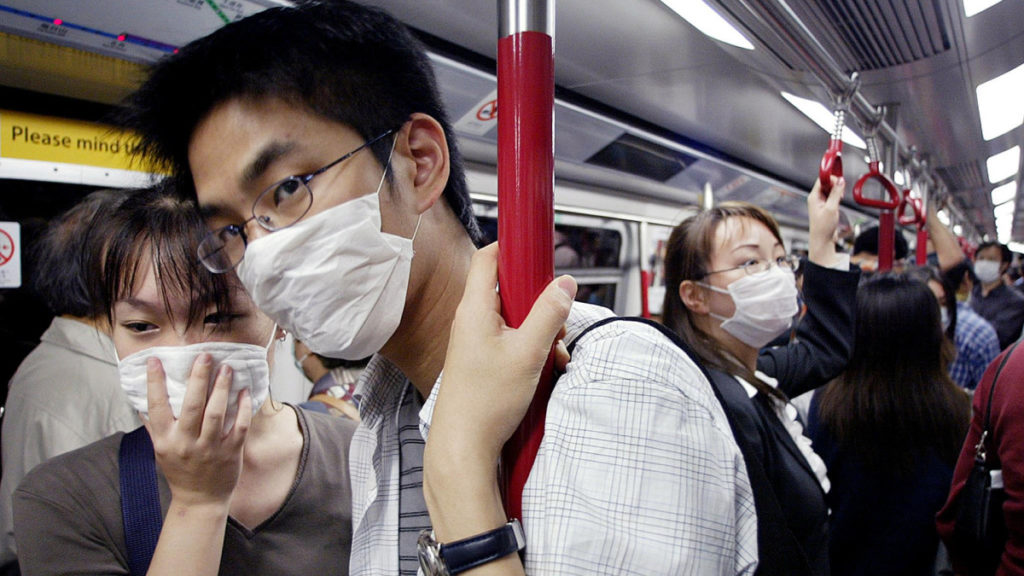
In 2002, Severe Acute Respiratory Syndrome (SARS) spread to 37 different countries around the world. That caused a global panic as it infected more than 8000 people and killed over 750 people. Then came the Middle Eastern Respiratory Syndrome (MERS) that was less easily passed from human to human, but killed about 2500 people.
How is Covid-19 being treated?
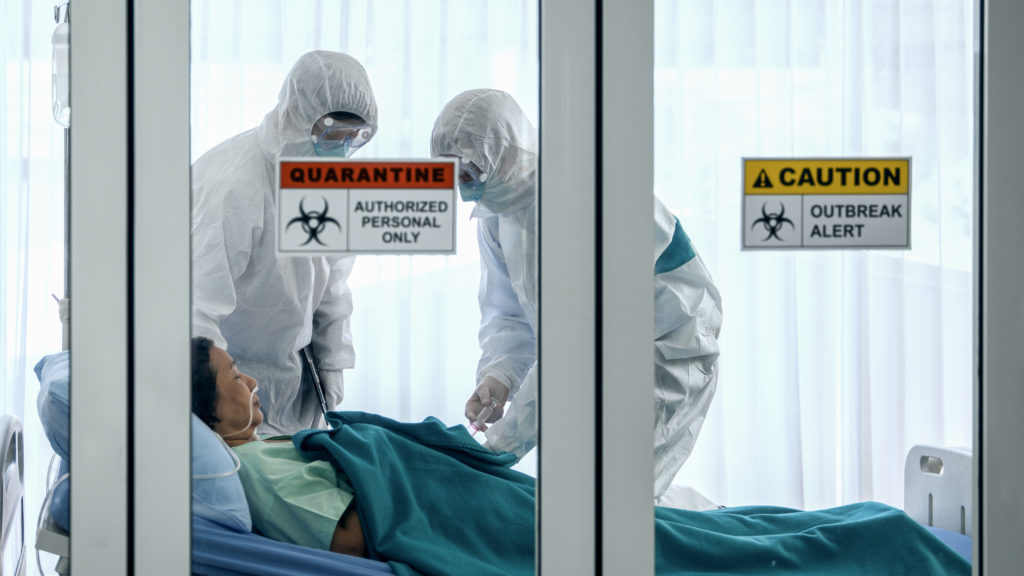
There is currently no vaccine against Covid-19 yet. Even antibiotics are ineffective as Covid-19 is a viral infection and not bacterial. When you are tested positive for the coronavirus, supportive treatments will be given by your doctor at the hospital. The treatments are such:
- First to isolate and quarantine you from other patients
- Give you fluids to reduce the risk of dehydration
- Providing medication to reduce the fever
- Providing supplemental oxygen to aid in breathing for severe cases.
- Providing those who have trouble breathing with a respirator.
What are the travel restrictions in Singapore?
To limit and reduce the transmission and spread of Covid-19 in Singapore, these are some of the steps that the Singapore authorities have taken:
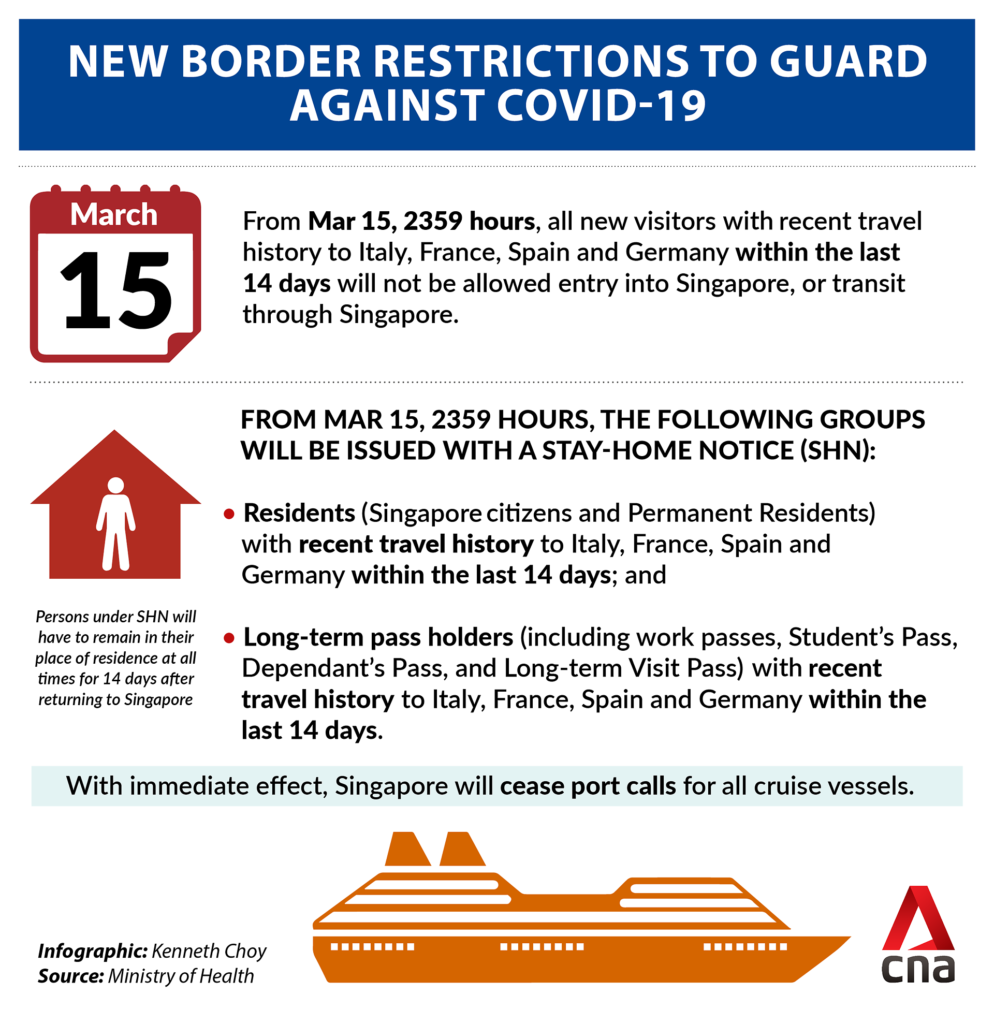
- All new visitors who have travelled to mainland China (now including Hong Kong, Macau and Taiwan) within the last 14 days will not be allowed to enter or transit through Singapore. This also includes travellers who transit in mainland China to Singapore regardless of the duration and whether or not they had cleared immigration in China.
- Returning residents (Singapore citizens and permanent residents) and long-term pass holder, including PRC passport holders issued in Hubei, who travelled to mainland China within the last 14 days, will be allowed to enter Singapore. However, this group will be issued with a 14-day Stay-Home Notice (SHN) from the day of their return from China.
- New visitors with travel history to Iran, northern Italy or the Republic of Korea within the last 14 days will not be allowed to enter into or transit through Singapore
- From the 15th of March 2020, 2359 hours, all new visitors who travelled to France, Germany, Italy and Spain within the last 14 days will not be allowed to enter or transit through Singapore.


